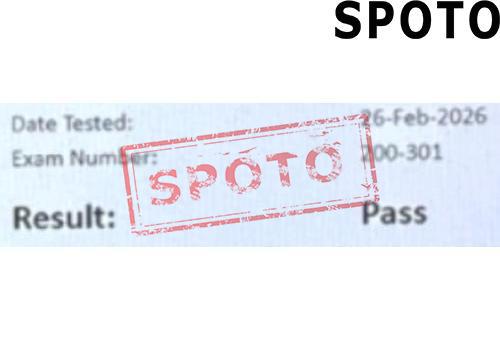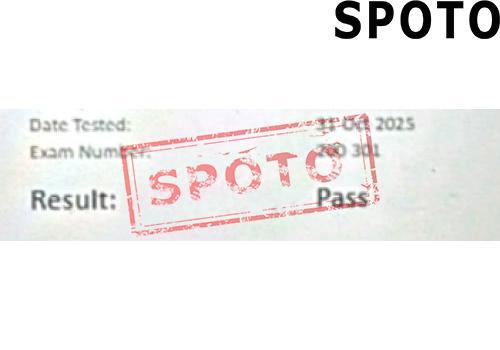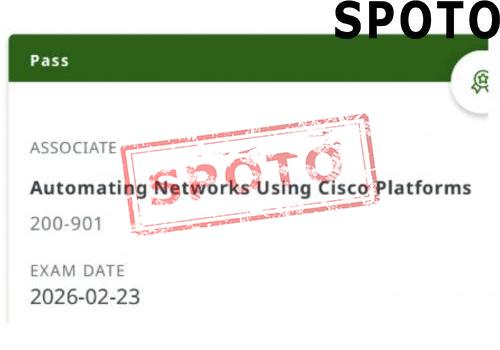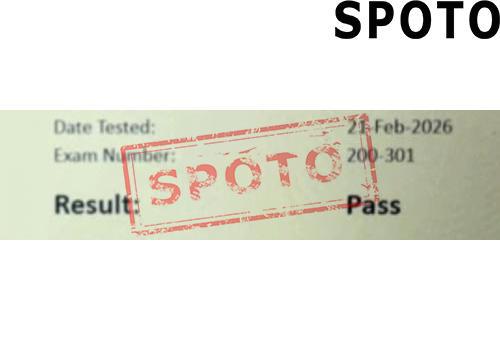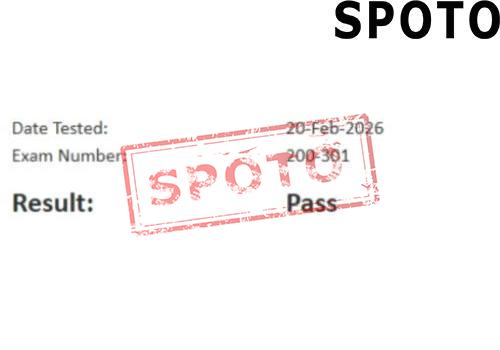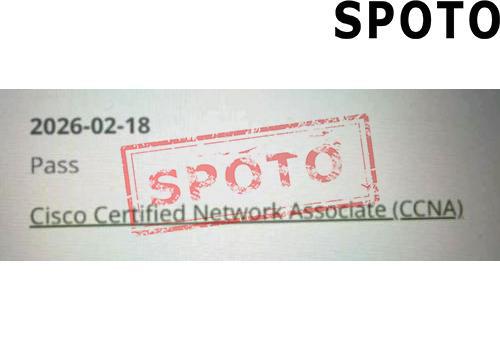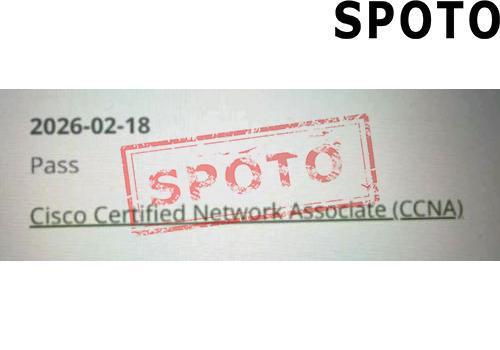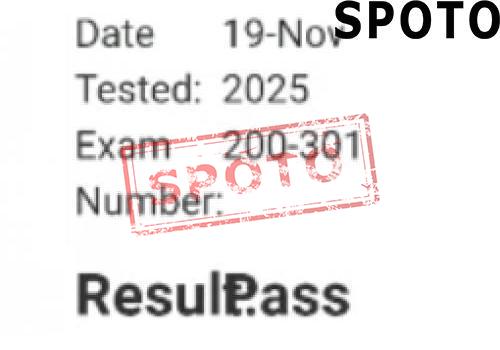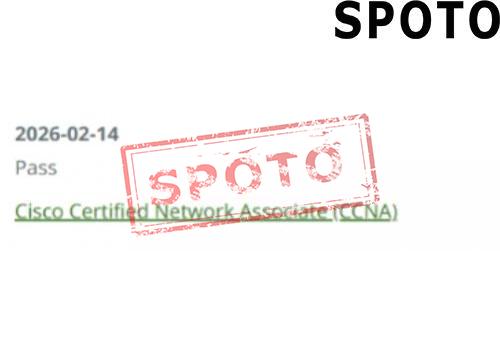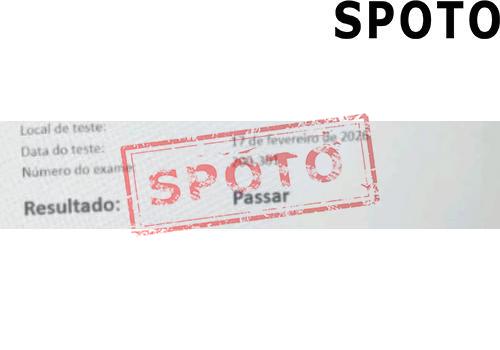
An entry-level networking certification like the CCNA will help you get ready for networking jobs in IT including network specialist, network administrator, and network engineer.
What does CCNA certification entail?
The Cisco Certified Network Associate, or CCNA, is a foundational information technology (IT) credential offered by the manufacturer of networking hardware. The CCNA is meant to verify your understanding of the basic networking concepts that are frequently required in networking responsibilities in IT positions.
Here is a brief summary of the main details:
You must pass the CCNA 200-301 exam in order to earn the CCNA certification.
The CCNA exam will set you back $300 plus tax.
The exam has no requirements, but training and some prior knowledge of computer networks are advised.
The cost of the CCNA exam.
Costs for the CCNA exam are $300 + tax. The exam can also be bought with Cisco Learning Credits. These are prepaid credits that a business may purchase to allow its employees to choose how they use the credits on the Cisco platform in accordance with their preferences.
Trying to reduce expenses?If you believe that your firm might benefit from you earning a CCNA certification, talk to your manager about whether or not the business will cover the cost of the exam, exam preparation, or both.
How much could I make if I obtained the CCNA certification?
CCNA certificates can help you get networking jobs at both entry-level and higher levels. Here are some of the job titles that are eligible to apply for CCNA certifications together with their typical annual salaries in the US.
|
Position |
Salary (average US) |
|
IT support specialist |
$53,051 |
|
Network specialist |
$64,430 |
|
Network administrator |
$69,243 |
|
Network engineer |
$85,822 |
|
Senior network engineer |
$116,165 |
What will be on the CCNA test?
The 120-minute 200-301 CCNA exam is available in both English and Japanese.
Following is a breakdown of the CCNA exam:
Basics of networks (20%):Physical interfaces and cabling types, IPv4 and IPv6 setup, IP parameters, wireless, virtualization, and switching foundations, along with network elements including routers, switches, and access points
Access to networks (20%):Cisco wireless topologies, AP modes, physical WLAN components, AP and WLC management access connections, and wireless LAN access. Configuring and verifying VLANs, interswitch connectivity, Layer 2 discovery protocols.
(25%) IP connectivityRouting tables; first hop redundancy protocol; setting and confirming IPv4 and IPv6 static routing; single area OSPFv2; and router selection
Configuring and testing NAT and NTP; describing DHCP, DNS, SNMP, and syslog features; per-hop behavior; utilizing SSH; describing TFTP/FTP; IP services (10%)
Security fundamentals (15%): Layer 2 security features, access control lists, password rules, threats and mitigation, physical access control, and wireless security protocols.
Programmability and automation (10%): contrasting controller-based networks with traditional networks; understanding JSON data; automation ideas
How to become certified as a CCNA
You must pass the 200-301 CCNA exam provided by Cisco in order to earn your CCNA certification. There are no requirements for the test, although according to Cisco, CCNA candidates often possess the following knowledge before sitting for it:
Using and implementing Cisco goods and solutions for at least a year
basic familiarity with IP addresses
understanding of network basics.
